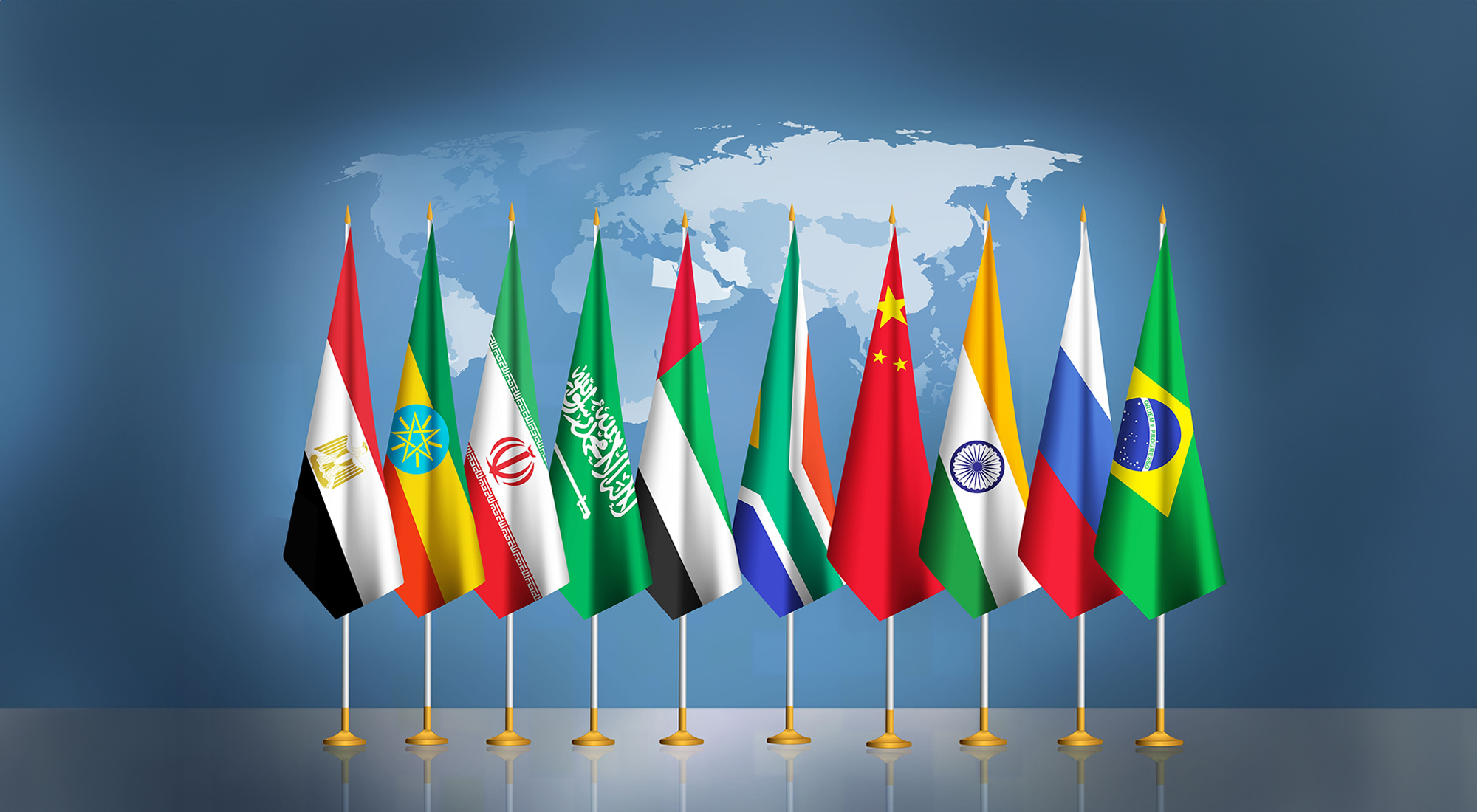Tensions flared at the BRICS summit in Rio de Janeiro as former US President Donald Trump threatened an additional 10% tariff on countries aligning with what he termed the bloc’s anti-American policies. In a swift and pointed response, China’s Foreign Ministry condemned the use of tariffs as a coercive tool, warning that such measures undermine global trade stability and multilateral cooperation.
China’s Firm Rebuttal
-
The Chinese Foreign Ministry stated that the use of tariffs as a political weapon serves no one and only exacerbates global economic uncertainty.
-
Beijing emphasized its opposition to unilateralism and protectionism, calling for dialogue and mutual respect in international trade relations.
-
The ministry underscored that coercive economic tactics violate the spirit of the World Trade Organization and disrupt global supply chains.
Trump’s Tariff Threat and Its Scope
-
Trump declared that any country aligning with BRICS’ so-called anti-American stance would face an additional 10% tariff, with no exceptions.
-
The threat comes amid BRICS’ ongoing efforts to reduce reliance on the US dollar and explore alternative cross-border payment systems.
-
Trump’s post did not specify which policies he deemed anti-American, but it follows his earlier warnings of 100% tariffs if BRICS nations abandon the dollar in trade.
BRICS Summit Reactions and Broader Context
-
BRICS leaders, representing over 40% of global GDP and half the world’s population, issued a joint statement expressing serious concern over rising tariffs and their inconsistency with WTO norms.
-
The bloc criticized indiscriminate trade restrictions, warning they could derail global recovery and introduce systemic uncertainty.
-
China’s Premier Li Qiang and India’s Prime Minister Narendra Modi were among the key attendees, while Presidents Xi Jinping and Putin participated remotely or sent representatives.
Implications for Global Trade and India
-
The timing of Trump’s threat has cast a shadow over the anticipated India-US bilateral trade agreement, with Indian markets reacting negatively.
-
India reiterated that it does not target the dollar but seeks practical alternatives for trade with partners facing dollar shortages.
-
Analysts warn that escalating tariff rhetoric could strain US relations with key BRICS members, especially as the bloc pushes for reforms in global governance institutions.
Strategic Undercurrents
-
The BRICS expansion to include Iran, Egypt, Ethiopia, UAE, and Indonesia has amplified its geopolitical clout, prompting sharper scrutiny from Washington.
-
China’s response signals a broader resistance to US-led economic pressure, aligning with its vision of a multipolar global order.
-
The episode highlights the growing divide between emerging economies advocating for equitable trade norms and Western powers defending legacy systems.
Conclusion: As BRICS asserts its role in reshaping global economic governance, Trump’s tariff threat has reignited debates over trade weaponization and economic sovereignty. China’s unequivocal stance reflects a broader pushback against coercive diplomacy, setting the stage for a more contested and complex global trade environment.
Sources: The Indian Express, The New Indian Express, DW News, The Week, Gulf News, Reuters, MSN News, China Foreign Ministry Briefing, BRICS Summit 2025 Proceedings

